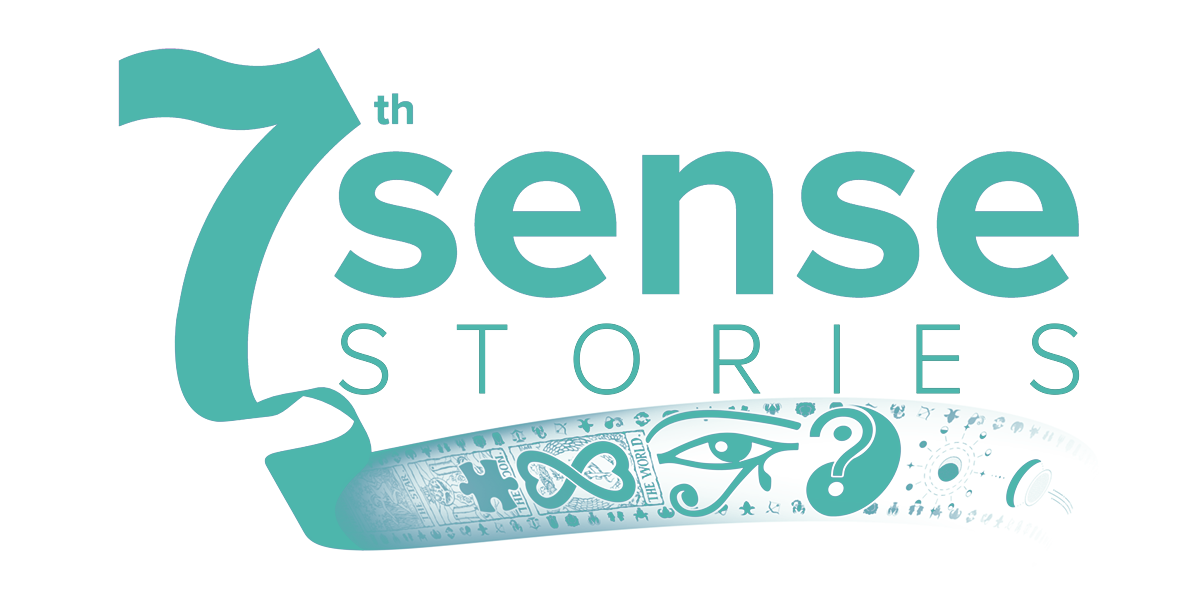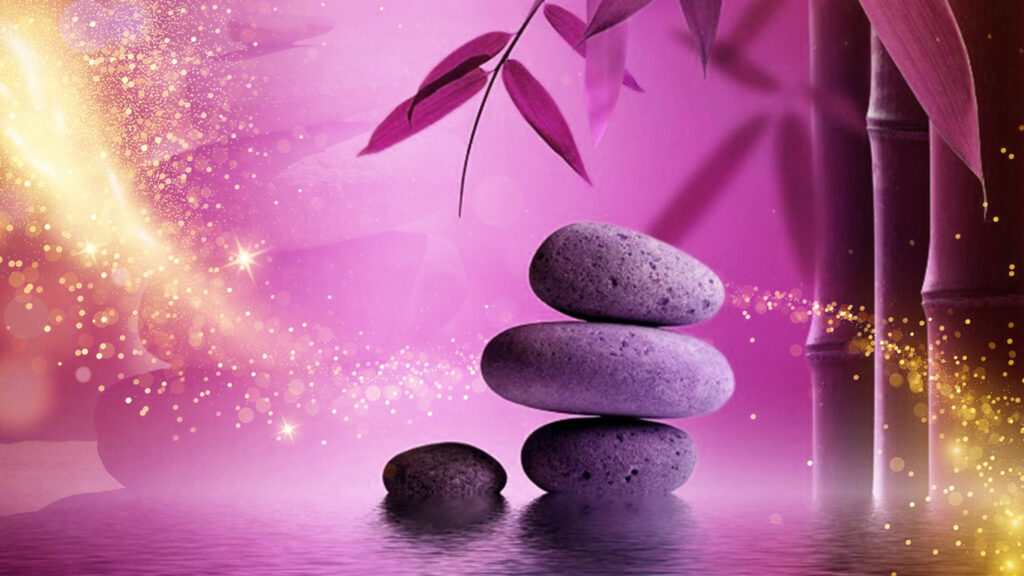The ancient practice of feng shui, rooted in thousands of years of Chinese philosophy, offers a unique perspective on harmonizing your surroundings for a more prosperous and balanced life. In this guide, we delve into the essence of feng shui, its historical origins, and practical tips you can integrate into your daily life. Feng shui is more than just a tradition; it’s a philosophy that empowers you to attract positive energies and frequencies, leading to thriving health and good fortune.
The Meaning Behind Feng Shui: Feng shui, a term derived from the Chinese words for wind (fēng) and water (shuǐ), translates to “the way of wind and water” in English. It focuses on balancing the harmonious interaction of Yin and Yang energies, seamlessly blending the passive and active forces that make up our universe. In feng shui, individuals learn to work with these natural energies to create a healthy, prosperous, and peaceful environment.
The Essence of Chi (Qi): The concept of Chi (qi), often gaining popularity in recent years, represents the life force energy that flows through all living beings. This vital force exists in both nature and humans, providing the foundation for a harmonious existence.
Historical Roots of Feng Shui: Feng shui’s origins stretch back thousands of years and are intertwined with Chinese astrology, metaphysics, and spirituality. While its precise inception remains a subject of debate, feng shui’s symbols can be traced in both Buddhism and Taoism, suggesting its direct connection with these ancient traditions. With the discovery of the magnetic compass, known as the “feng shui compass,” ancient Chinese began using it to determine optimal locations for various purposes, from burial sites to architectural designs.
Diverse Branches of Feng Shui: Classical feng shui branched into different schools of thought, with the form branch focusing on the ideal positioning of gravesites, and the compass branch emphasizing cardinal directions. The form branch, known as landscape feng shui, considers topography, geographic features, and the flow of water and wind in its calculations. The compass branch, on the other hand, delves into the eight cardinal directions, employing a mathematical luopan to measure chi (qi).
Feng Shui in the Modern World: As society has evolved, feng shui has transcended its origins in the East and made its way into the West. Modern China still employs feng shui in major decisions like architectural design. Beyond the East, feng shui has found a place in personal spaces, public areas, and offices worldwide. Interior designers have recognized the minimalist style of feng shui as a tool to influence mood and create relaxing environments.
Continue below…
| Considering getting a psychic reading? We have carefully screened and selected a range of gifted, compassionate psychic readers to provide clarity and new insights into your life. Online psychics available 24/7. | |
Balancing the Elements: Feng shui incorporates the five elements—Wood, Fire, Earth, Water, and Metal—as essential components in achieving harmony. These elements, each with unique attributes, should be balanced to create positive feng shui. By using a bagua map and associating specific colors and shapes with each element, individuals can enhance the energies they wish to amplify.
Incorporating Feng Shui at Home: To infuse feng shui into your living space, you can use a bagua map as an energy grid, helping you identify which areas correspond to specific life aspects. By using colors, shapes, and elements associated with each sector, you can customize your home’s interior design to create a balanced and harmonious environment.
The Command Position: A fundamental concept in feng shui is the command position, which provides a sense of control and harmony. By placing key pieces of furniture diagonally across from the room’s entrance, you can create a power position that allows you to deal with incoming energy or events comfortably and efficiently.
Feng Shui Jewelry: Balancing Energies: Feng shui jewelry, such as rings and bracelets, have gained popularity as tools to balance one’s chi and amplify elemental forces. These pieces often incorporate precious stones, symbols, colors, and words to help maintain equilibrium and offer protection against negative energies. By addressing imbalances in your birth elements, you can manifest a more prosperous, healthy, and joyful life.
Conclusion
Feng shui offers a holistic approach to creating balance and harmony in your life. Whether you’re drawn to its ancient traditions or its modern interpretations, feng shui provides valuable insights into the relationship between your surroundings and your well-being. By incorporating these principles into your daily life, you can attract positive energy and unlock the potential for health, prosperity, and peace.
| Considering getting a psychic reading? We have carefully screened and selected a range of gifted, compassionate psychic readers to provide clarity and new insights into your life. Online psychics available 24/7. | |
|
|



